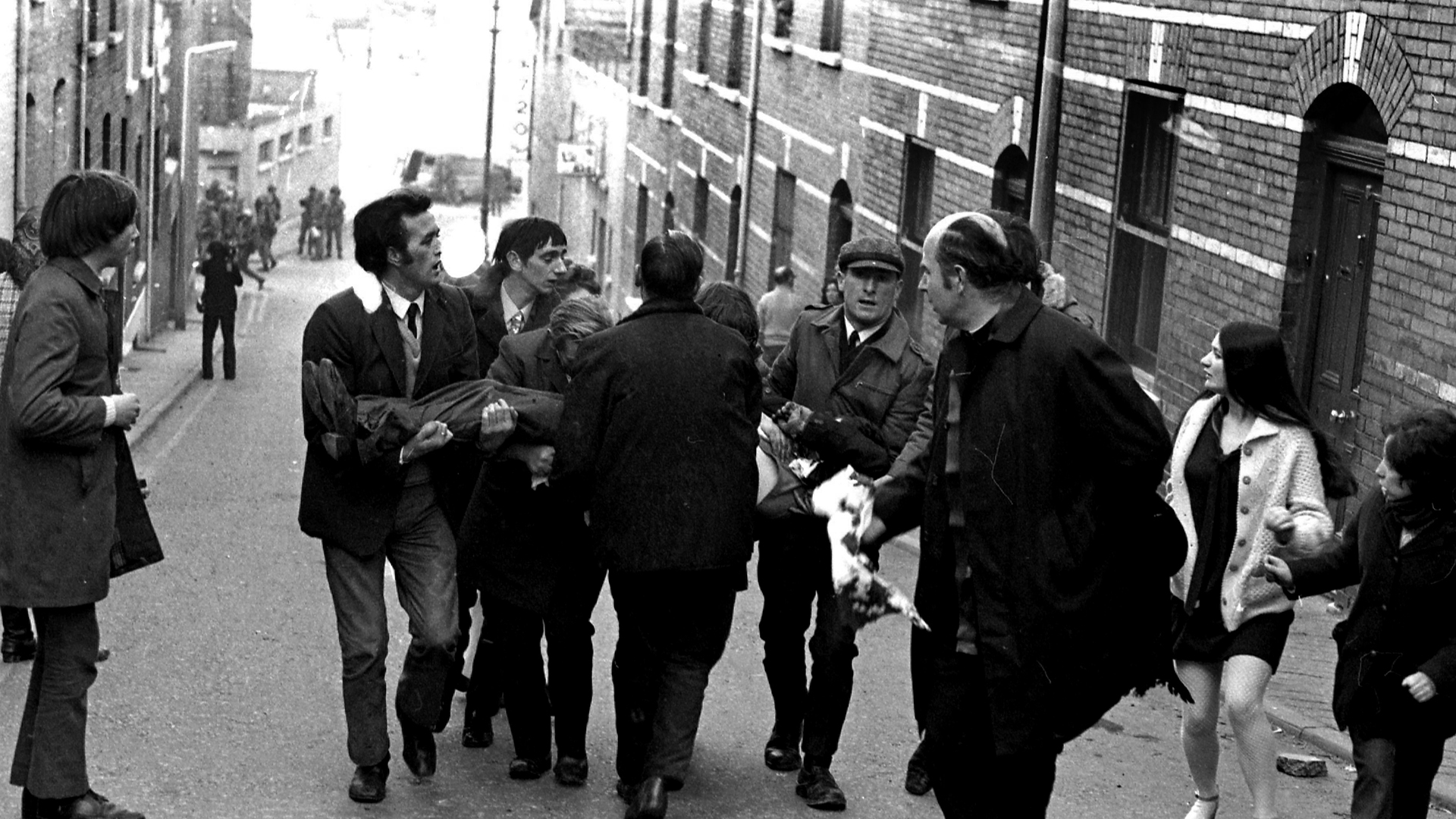One of the greatest privileges of my life has been meeting so many affected by Northern Ireland’s recent conflict and helping them to tell their stories – documenting them for history’s sake.
My book, On Bloody Sunday, is a culmination of this passion as well as an important reminder of just how many more stories are waiting to be heard. When approached by Octopus about a 50th anniversary book I knew I had to say yes. I’d spent over a decade collecting oral histories spanning the civil rights movement and the Troubles, and in particular, Bloody Sunday, and knew the immense value of such accounts.
As a Bloody Sunday relative myself and previous author on the subject, I also knew I could tell the story better than most. We grew up hearing stories of my uncle Jackie, a champion boxer and much-loved brother who was shot on Bloody Sunday aged just 17. Although told few details at the time, we knew that something very wrong had taken place. I later worked alongside other families and wounded during my time with the Bloody Sunday Trust and was horrified to learn the full extent of what happened in Derry and how the killings had been publicly branded an IRA battle, with those involved thereby terrorist families.
Your support changes lives. Find out how you can help us help more people by signing up for a subscription
That’s why this book needed to be bigger than just one family’s story. I knew instantly that to tell it properly depended on those who lived through January 30 1972. It was not my story to tell – it was theirs.
As one of the biggest cover-ups in British or Irish history, the truth about Bloody Sunday is well documented with a colossal archive of material – a researcher’s dream. I knew it would be difficult to write about and that it might well be the last time many of these people engaged in such a project, but it mattered. It really mattered. Indeed, several of the book’s speakers have passed away since the book came out, making their contribution and testimony even more precious.









